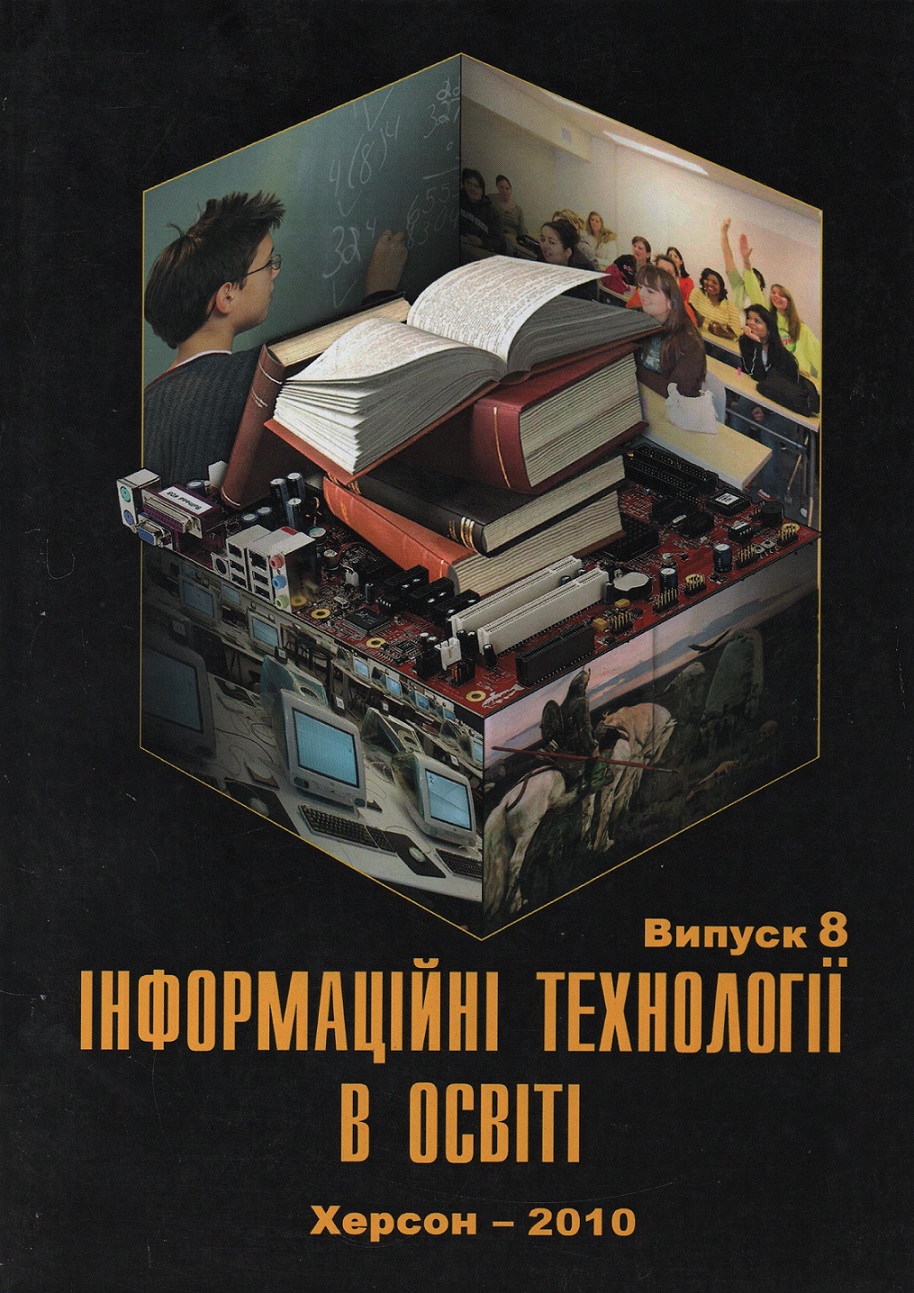КЛАСИФІКАЦІЯ ПОКАЗНИКІВ ІНФОРМАЦІЙНОЇ ГРАМОТНОСТІ/ КОМПЕТЕНТНОСТІ ОСОБИСТОСТІ
DOI:
https://doi.org/10.14308/ite000221Ключові слова:
інформаційна грамотність, медіакультура особистостіАнотація
Автор статті приходить до висновку, що інформаційна грамотність / компетентність особистості це сукупність її мотивів, знань, умінь, здібностей (показники: мотиваційний, контактний, змістовний, перцептивний, інтерпретаційний / оцінний, практико-операційний / діяльнісний, креативний), що сприяють вибору, використанню, створенню, критичному аналізу, оцінці та передачі інформаційних повідомлень, текстів у різних видах, формах і жанрах, аналізу складних процесів функціонування інформаційних потоків, медіа в соціумі.
Завантаження
Показники метрики:
Посилання
1. Гендина Н.И. Информационная грамотность или информационная культура: альтернатива или единство (результаты российских исследований)//Школьная библиотека. 2005. № 3. С.18-24.
2. Fedorov, A. (2003). Media Education and Media Literacy: Experts’ Opinions. In: MENTOR. A Media Education Curriculum for Teachers in the Mediterranean. Paris: UNESCO.
3. Федоров А.В. Медиаобразование и медиаграмотность в обществах знаний//ЮНЕСКО между этапами Всемирного саммита по информационному обществу. М.: Изд-во Ин-та развития информационного общества, 2005. С.329-339.
4. Ожегов С.И. Словарь русского языка. М.: Русский язык, 1989. 924 с.
5. Коновалова Н.А. Развитие медиакультуры студентов педагогического вуза. Дис. … канд. пед. наук. Вологда, 2004. С.9.
6. Инякин Ю.С., Горский В.А. От информационной культуры к культуре личности//Дополнительное образование. 2000. № 10. С.6-10.
7. Bowker, J. (Ed.) (1991). Secondary Media Education. A Curriculum Statement. London: British Film Institute.
8. Hart, A. (1997). Textual Pleasures and Moral Dilemmas: Teaching Media Literacy in England. In: Kubey, R. (Ed.). Media Literacy in the Information Age. New Brunswick and London: Transaction Publishers, p.202.
9. Buckingham D., Sefton-Green, J. (1997). Multimedia Education: Media Literacy in the Age of Digital Culture. In: Kubey, R. (Ed.). Media Literacy in the Information Age. New Brunswick and London: Transaction Publishers, p.290.
</uk>
<en>
1. Gendina N.I. Informacionnaja gramotnost' ili informacionnaja kul'tura: al'ternativa ili edinstvo (rezul'taty rossijskix issledovanij)//Shkol'naja biblioteka. 2005. № 3. S.18-24.
2. Fedorov, A. (2003). Media Education and Media Literacy: Experts’ Opinions. In: MENTOR. A Media Education Curriculum for Teachers in the Mediterranean. Paris: UNESCO.
3. Fedorov A.V. Mediaobrazovanie i mediagramotnost' v obshhestvax znanij//JuNESKO mezhdu etapami Vsemirnogo sammita po informacionnomu obshhestvu. M.: Izd-vo In-ta razvitija informacionnogo obshhestva, 2005. S.329-339.
4. Ozhegov S.I. Slovar' russkogo jazyka. M.: Russkij jazyk, 1989. 924 s.
5. Konovalova N.A. Razvitie mediakul'tury studentov pedagogicheskogo vuza. Dis. … kand. ped. nauk. Vologda, 2004. S.9.
6. Injakin Ju.S., Gorskij V.A. Ot informacionnoj kul'tury k kul'ture lichnosti//Dopolnitel'noe obrazovanie. 2000. № 10. S.6-10.
7. Bowker, J. (Ed.) (1991). Secondary Media Education. A Curriculum Statement. London: British Film Institute.
8. Hart, A. (1997). Textual Pleasures and Moral Dilemmas: Teaching Media Literacy in England. In: Kubey, R. (Ed.). Media Literacy in the Information Age. New Brunswick and London: Transaction Publishers, p.202.
9. Buckingham D., Sefton-Green, J. (1997). Multimedia Education: Media Literacy in the Age of Digital Culture. In: Kubey, R. (Ed.). Media Literacy in the Information Age. New Brunswick and London: Transaction Publishers, p.290.
</en>
##submission.downloads##
Опубліковано
Як цитувати
Номер
Розділ
Ліцензія
This work is licensed under a Creative Commons Attribution-NonCommercial-ShareAlike 4.0 International License.






























